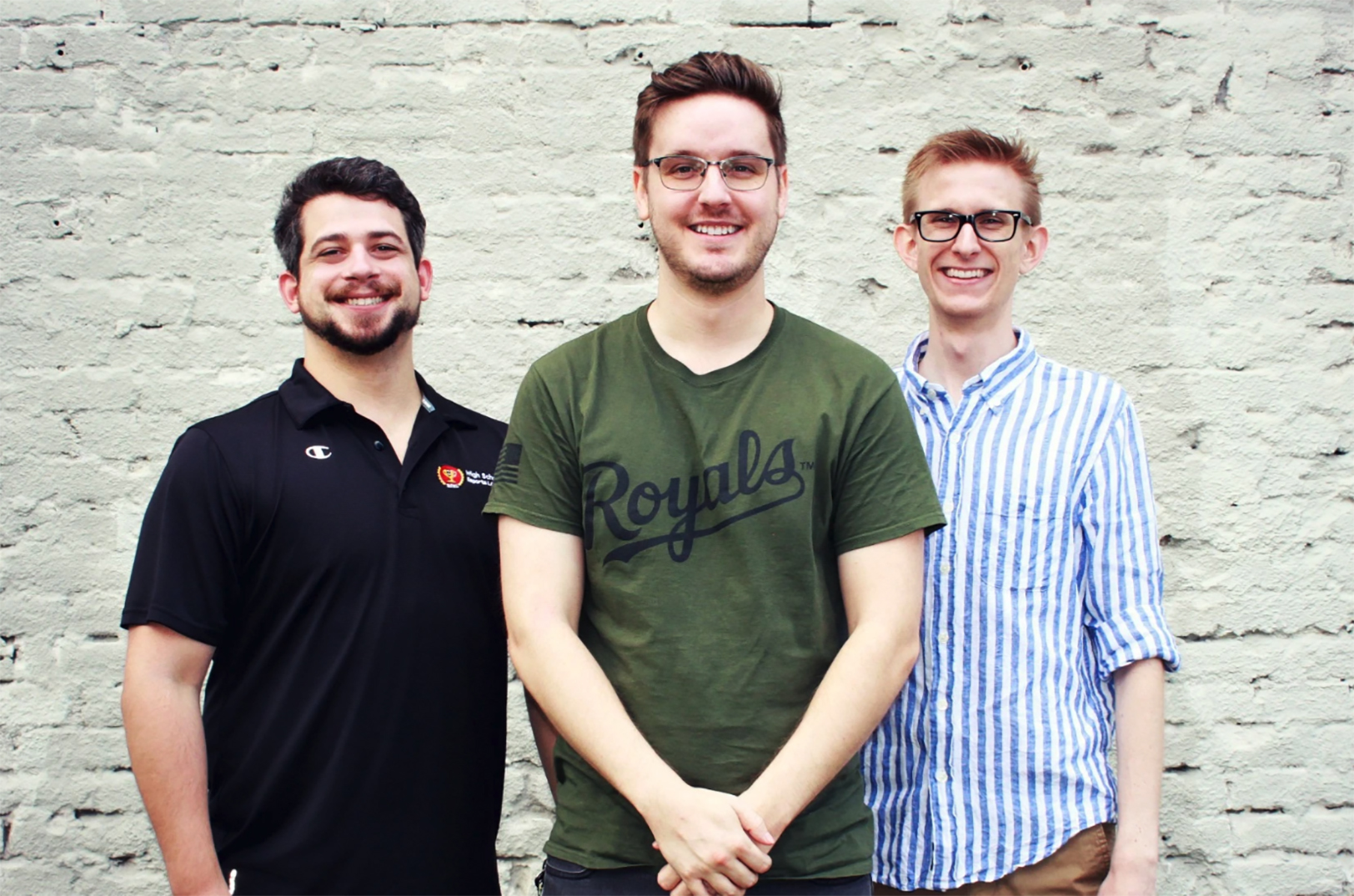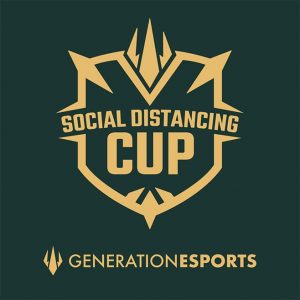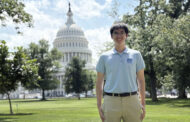Opportunities to connect are in high demand and video games could score relief in a level of life that’s been suddenly planked by intense isolation, said Mason Mullenioux.
“Esports kind of lends itself to a situation like this,” Mullenioux, co-founder of the Kansas City-based High School Esports League, said of the coming Social Distancing Open — a virtual Esports tournament set to award more than 200 winning gamers $30,000 in prizes next month and fueled by Generation Esports, the platform behind the league.
“The social component of these sports is huge … I think people are starting to see that. They’re starting to get to the point where they’re getting very bored [at home].”
The event aims to put bored champions of League of Legends, Rocket League, and Teamfight Tactics on display and create a sense of togetherness amid the Coronavirus (COVID-19) pandemic.
Click here to register for the tournament for free through May 10.
“We’re in a lot better position than most and we’re very grateful for that,” Mullenioux said, noting the High School Esports League has so far had to make only minor, structural pivots to its overall operations during the crisis — now allowing students to compete from home as opposed to school and loosening rules surrounding GPA eligibility.
“Even during this crisis we’ve had a better season this spring than we did last spring, so that shows some staying power and some obvious growth,” he said.
While the league experiences growth — now boasting programs in hundreds of high schools across the globe and preparing to launch a middle school league in more than 50 schools this fall — Esports as a whole is catching on, Mullenioux added.
“I look at my numbers and I see tremendous growth — that’s what I base everything on,” he said, noting the organization’s involvement in a new documentary series — Next Gen, which follows the inaugural national championship winning Minnesota-based St. Louis Park High School Overwatch team on its journey to repeat its success the following year.
The series creators ultimately hope to put Esports on the radars of companies like Netflix and Hulu, Mullenioux said.
“It’s great whenever one of your customers takes the initiative to do something like that,” he said. “It shows that there’s a large amount of passion there and I think that speaks volumes when other people see it.”
Produced independently of the High School Esports League, by Wisdom and acowsay, the organization has signed on as a sponsor of the project.
As awareness of Esports has grown rapidly, student knowledge of major scholarship opportunities within its programs hasn’t, Mullenioux said.
“There’s actually more scholarships left on the table than taken. … In 2018 we helped facilitate around $16 million in scholarships. Over the last couple of years it’s grown to around $40 million in scholarships,” he said, noting gaps in the pipeline from high school to college as a primary cause.
“That’s a problem that we’re actively trying to solve. There’s not a good foundation there, so that’s what we’re trying to build.”
Part of the solution: new partnerships for the High School Esports League, Mullenioux said, teasing a pending deal to launch a college-level program and an overall future that makes Esports all inclusive — part of a 2020 growth strategy that could help students take advantage of readily available college dollars.
“We’re looking at corporate leagues, adult rec, intramural leagues at the collegiate level, YMCA leagues and youth sports that just in general are not tied to scholastics,” he explained.
“We’re really trying to take this platform that we built, this tech solution and our Esports expertise, and give that to communities that want Esports.”
Click here to read more about college Esports and the newly launched Esports program at Baker University.







































